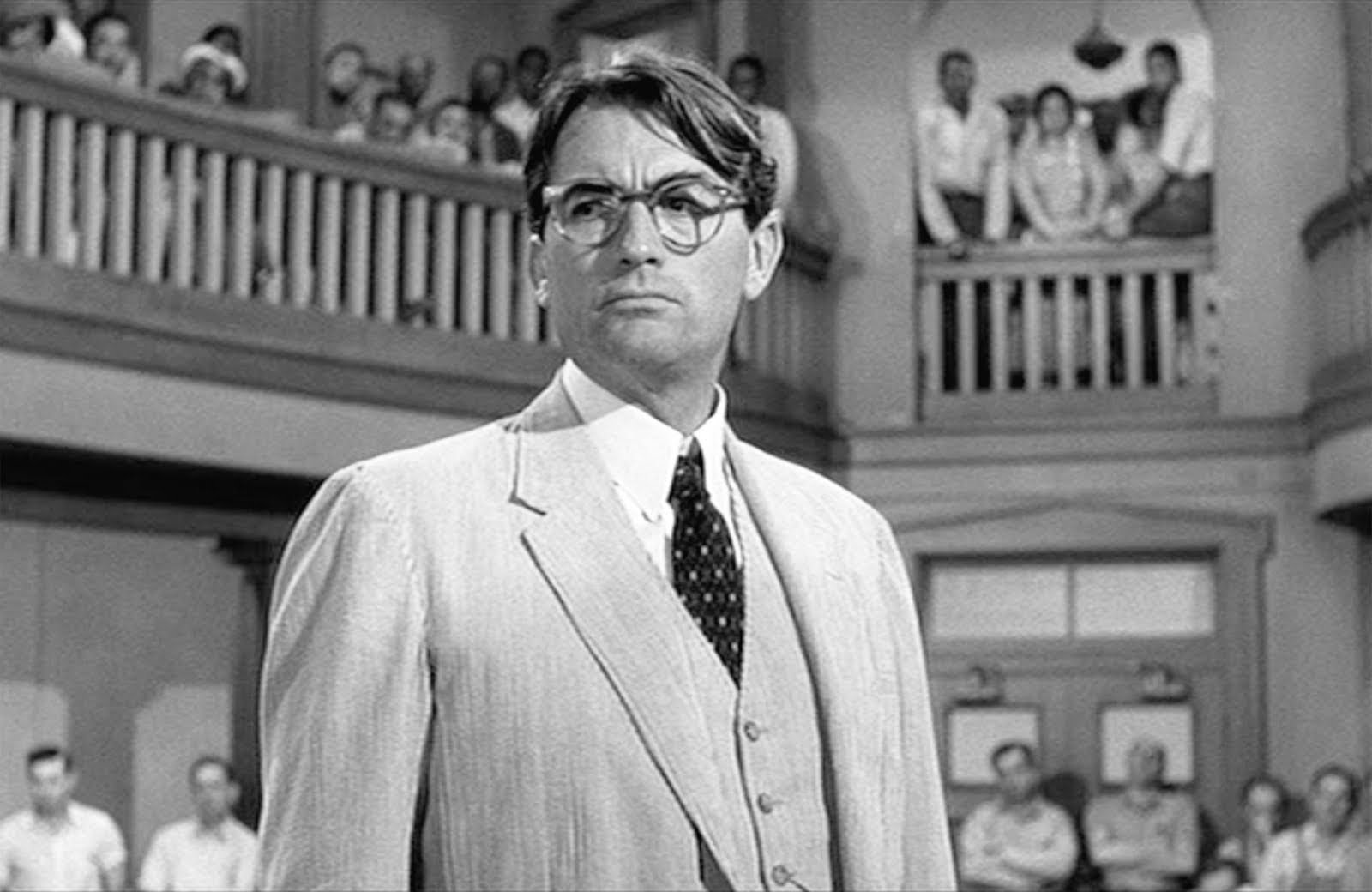Atticus Finch, a character created by Harper Lee in her revered novel "To Kill a Mockingbird," stands as a timeless symbol of integrity, empathy, and social justice. He embodies the moral backbone of the story, representing the struggle against prejudice and the fight for justice in a racially divided Southern America during the 1930s. As a lawyer and a father, Atticus Finch teaches valuable life lessons to his children, Scout and Jem, while navigating the complexities of a deeply flawed society.
In the narrative, Atticus is not just a legal defender; he is a beacon of hope and a voice of reason. His unwavering commitment to justice and equality serves as a guiding light for his children and the community around him. Through his courageous actions and thoughtful philosophies, Atticus Finch challenges the status quo and encourages others to examine their own beliefs and values. His character resonates with readers across generations, making him a pivotal figure in American literature.
The impact of Atticus Finch extends beyond the pages of the novel; he has become an archetype for moral courage and integrity in literature and popular culture. His famous quote, "The one thing that doesn't abide by majority rule is a person's conscience," encapsulates his belief in individual morality over societal norms. As we delve deeper into the life and legacy of Atticus Finch, we uncover the layers of his character, the societal issues he confronts, and the lasting influence he holds in the landscape of American literature.
Who is Atticus Finch?
Atticus Finch is the protagonist of Harper Lee's Pulitzer Prize-winning novel "To Kill a Mockingbird," published in 1960. He serves as a lawyer in the fictional town of Maycomb, Alabama, and is known for his strong moral principles and unwavering commitment to justice. As a single father raising two children, Scout and Jem, he imparts essential life lessons about empathy, integrity, and the importance of standing up for what is right.
What are Atticus Finch's Key Characteristics?
Atticus Finch is characterized by several key traits that define his role in the novel:
- Integrity: Atticus is unwavering in his moral beliefs, consistently standing up for justice, even when faced with adversity.
- Empathy: He teaches his children the importance of understanding others' perspectives, a central theme in the novel.
- Courage: Atticus exemplifies courage by defending Tom Robinson, a black man falsely accused of raping a white woman.
- Wisdom: His thoughtful and measured approach to complex issues showcases his deep understanding of human nature.
What is Atticus Finch's Role in "To Kill a Mockingbird"?
Atticus Finch plays a crucial role as the moral center of "To Kill a Mockingbird." His defense of Tom Robinson highlights the themes of racial injustice and moral courage. Through his character, Lee explores the complexities of human behavior and the societal prejudices that permeate the community. Atticus's interactions with his children, Scout and Jem, further illustrate his commitment to teaching them about empathy, justice, and the importance of standing up for the marginalized.
What Can We Learn from Atticus Finch?
Atticus Finch's character offers valuable lessons that resonate with readers of all ages:
- Importance of Empathy: Understanding others' perspectives helps foster compassion and reduces prejudice.
- Standing Up for Justice: Even when facing opposition, it is essential to advocate for what is right.
- Raising Ethical Children: Instilling strong moral values in the next generation is vital for creating a just society.
- Confronting Injustice: Atticus teaches us that we must confront systemic injustices, regardless of the challenges we face.
What is the Legacy of Atticus Finch?
Atticus Finch's legacy transcends the novel, as he has become an enduring symbol of moral integrity and justice. His character has inspired countless adaptations, including film and theater, where he is portrayed as a role model for ethical behavior. The lessons imparted by Atticus Finch continue to resonate in contemporary discussions about race, justice, and morality, making him a timeless figure in American literature.
How Has Atticus Finch Influenced Popular Culture?
Atticus Finch's influence extends into various facets of popular culture:
- Film Adaptations: The 1962 film adaptation of "To Kill a Mockingbird," starring Gregory Peck as Atticus, solidified the character's status as a cultural icon.
- Literary References: Many authors and characters in literature refer back to Atticus Finch as a moral benchmark.
- Social Justice Movements: Activists often invoke Atticus Finch's principles when advocating for civil rights and social justice.
- Educational Discussions: Atticus is frequently discussed in classrooms as a model of ethical behavior and moral courage.
Atticus Finch: Personal Details and Bio Data
| Attribute | Details |
|---|---|
| Name | Atticus Finch |
| Occupation | Lawyer |
| Residence | Maycomb, Alabama |
| Family | Father of Scout and Jem Finch |
| Notable Case | Defense of Tom Robinson |
| Core Beliefs | Justice, empathy, and moral integrity |
In conclusion, Atticus Finch represents a beacon of hope and moral clarity in the face of adversity. As a character who continues to inspire readers and viewers alike, he teaches us the importance of empathy, justice, and standing up for what is right. Through his legacy, Atticus Finch remains an essential figure in discussions about morality, ethics, and social justice, challenging us to reflect on our own beliefs and actions in an ever-evolving society.
Exploring The Different Types Of Speech Context
Unveiling The Star: Who Played Kelly Bundy?
Discovering Calaberitas: The Hidden Gems Of The Culinary World


